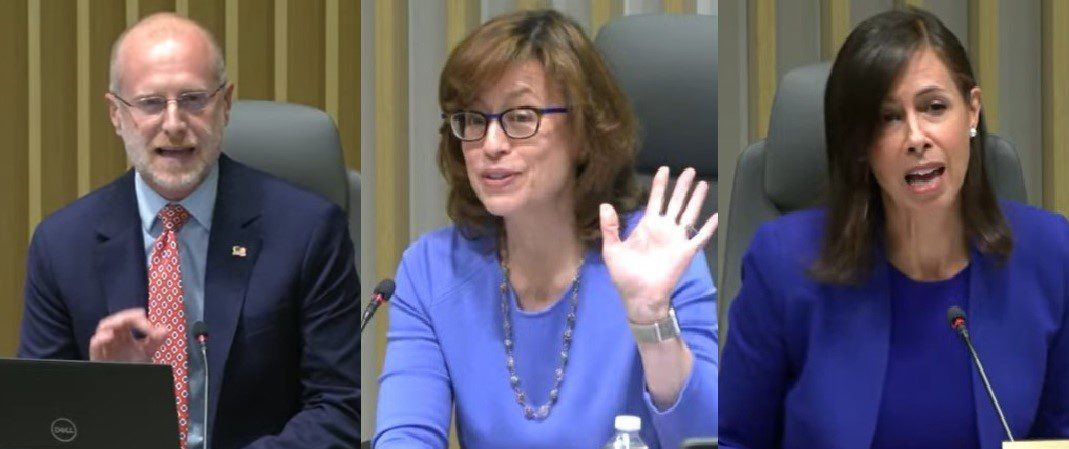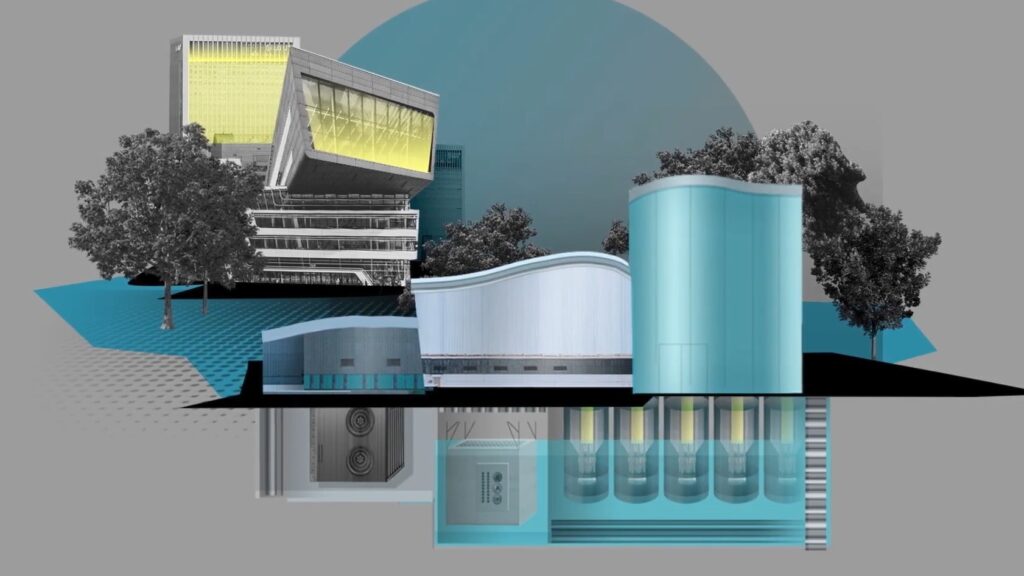Title II NPRM Raises Debate Over Rural Connectivity
Randy Sukow
|

An FCC majority cited several reasons to adopt a Notice of Proposed Rulemaking (NPRM) to restore net neutrality/Title II telecommunications rules to internet services this morning by a 3-2 partisan vote. They included national security, public safety, cybersecurity and others. And connectivity in remote rural areas was among the points of disagreement.
Commissioner Geoffrey Starks talked about a woman he met in Bethel, AK, a town reachable only by plane or boat. “She told me about her exciting vision of tomorrow,” Starks said. “New fiber deployments that would enable her community of 6,000 and the residents of the smaller villages along the river to secure the necessities of modern life without having to leave the place they call home.” Title II is the best framework for making that vision possible, he said, because it “puts users in charge of what they do online. Not the companies they pay for connections. It’s a framework that protects consumers in their use of an essential service instead of trusting ISPs to do the right thing.”
The Republican minority predicted a very different outcome if the FCC eventually adopts the NPRM. “Small providers are already facing significant headwinds due to inflation and the administration’s failure to streamline the permitting process,” said Commissioner Brendan Carr. “The last thing, these broadband builders need right now is a regulatory onslaught from Washington. Yet, that is exactly what Title II utility-style regulation entails.”
Dating back to its earliest days, the government has classified internet communications as a lightly regulated “information service.” The Supreme Court clarified that status in the 2005 Brand X decision by finding the internet is an information service with elements of telecommunications services. However, the decision also specified that the FCC has the authority to change the classification to heavier Title II regulation.
The FCC has long regulated elements of voice over IP service and other online telecommunications function, it has refrained from applying most other Title II regulations on ISPs. After the courts turned back FCC attempts to impose “net neutrality” rules on internet providers due to the internet’s information-service status, in 2015 the FCC passed and reclassified the internet under Title II. That order cleared all court challenges in May 2016, but six months later, Donald Trump won the presidency. Trump’s appointed FCC reversed the 2015 order in 2017.
Carr recalled how Title II supporters reacted to its repeal five years ago. He quoted Vermont Senator Bernie Sanders, as saying, “This is the end of the internet as we know it and if this passes, the internet in free exchange of information as we have come to know it will cease to exist.” But Carr offered figures to show that the internet has grown in coverage, speed and competition since 2017 and that there is little evidence that ISPs have been throttling speeds or censoring content.
Chairwoman Jessica Rosenworcel raised the new national security, cybersecurity, public safety and other arguments for Title II regulation. She said, for example, that the FCC should have stronger requirements for ISP reporting of internet outages for public safety reasons. “When the FCC turned away from overseeing broadband the only mandatory outage reporting system we could have in place was focused on long-distance voice service outages,” she said. “In a modern digital economy where we live our lives online, let’s face it, that does not cut it.”
Today’s open meeting was the first for the newest commissioner, Anna Gomez, who breaks a 2-2 tie on the Commission in place since the beginning of the Biden Administration. “This proceeding is not about controlling internet content. It is not about stifling investment, regulating rates or reducing competition. It is not about controlling the internet. Instead, the proposed rules will ensure access to the internet,” Gomez said before voting in favor of the NPRM.
The NPRM states that the FCC intends to forbear from enforcing the sections of Title II that would begin rate regulation of ISPs or that would require ISP contributions to the universal service fund. However, the existence of rate rules in Title II means that it would be a simple procedural matter for a future FCC to lift the forbearance. “There is no more surefire way of killing off investment and innovation than putting price controls squarely on the table,” Carr said.
Many organizations weighed in with reaction to the draft NPRM in the weeks leading up to today’s meeting. NTCA–The Rural Broadband Association in an ex parte letter to the FCC, said Title II reinstatement should differentiate rural ISPs from larger urban or national ISPs. The FCC should reject “any notion that small rural ISPs offering retail broadband services somehow possess market power to extract concessions from or demand terms of dominant edge providers and platforms, nationwide Internet backbone operators, or even regional middle mile networks,” NTCA said. “If anything, market power likely often resides on the other side of those interconnection points.”
“Consumers today connect to a thriving, open internet at faster speeds and lower prices,” USTelecom CEO Jonathan Spalter said in a statement: “Retrofitting outdated rules onto today’s competitive broadband networks is simply the wrong approach.”
WISPA – Broadband Without Boundaries, which represents wireless internet providers told the FCC that its average member company has a staff of less than 10 and is unprepared for Title II compliance. “The additional burdens of complying with Title II regulation will constitute a further significant cost of doing business, resulting in higher prices for broadband services and a diversion of resources away from broadband deployment investment,” it said.
Update, Oct. 23: The FCC has released the text of the NPRM and comment dates. Initial comments are due Dec. 14 and reply comments by Jan. 17, 2024.


